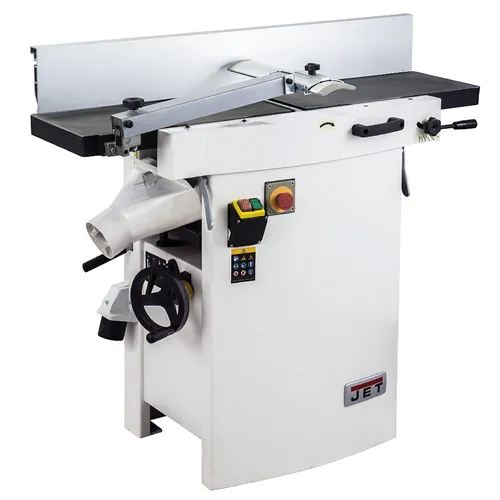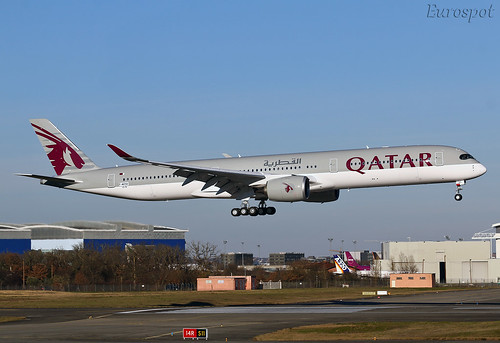Introduction
In recent years, jet technology has seen significant advancements that are shaping the future of aviation. With a growing global emphasis on sustainability and efficiency, innovations in jet design and propulsion systems are being developed to meet the demands of modern travel. This article explores the latest trends and their implications for the aviation industry and the environment.
Recent Innovations
One of the most noteworthy developments in jet technology is the rise of fuel-efficient engines. Leading manufacturers such as Boeing and Airbus are actively investing in research to create engines that consume less fuel and emit fewer emissions. For instance, the Boeing 787 Dreamliner and Airbus A350 have been crafted with lightweight materials and advanced aerodynamics, contributing to fuel efficiency. Recent reports indicate that these innovative designs can reduce fuel consumption by up to 25% compared to older models.
Moreover, developments in hybrid and electric propulsion are capturing attention. Companies like Airbus are exploring the potential of hydrogen-powered jets, aiming for a zero-emission aviation sector by 2035. Innovations in battery technology are also being examined to enable more sustainable jet propulsion systems.
Environmental Considerations
As global air traffic continues to rise, so does the concern over the environmental impact of jet travel. The International Air Transport Association (IATA) has set ambitious targets for the industry, aiming to cut net CO2 emissions in half by 2050 compared to 2005 levels. In response, manufacturers are prioritising the development of sustainable aviation fuel (SAF), which can reduce lifecycle emissions by up to 80% when compared to traditional jet fuel.
However, the transition to green technologies faces challenges such as regulatory frameworks and the need for industry-wide cooperation. Investments in infrastructure and research are vital to facilitate this shift towards greener jet technology.
Conclusion
The advancements in jet technology reflect a broader shift within the aviation industry towards sustainability and efficiency. Innovations in engine design, hybrid propulsion, and sustainable fuels are critical as we set our sights on a more environmentally friendly future for air travel. As companies continue to innovate, it is evident that the jets of tomorrow will not only enhance passenger experience but also significantly reduce their environmental footprint. The ongoing commitment to these developments will shape the future of aviation, making it not only faster but also greener.


